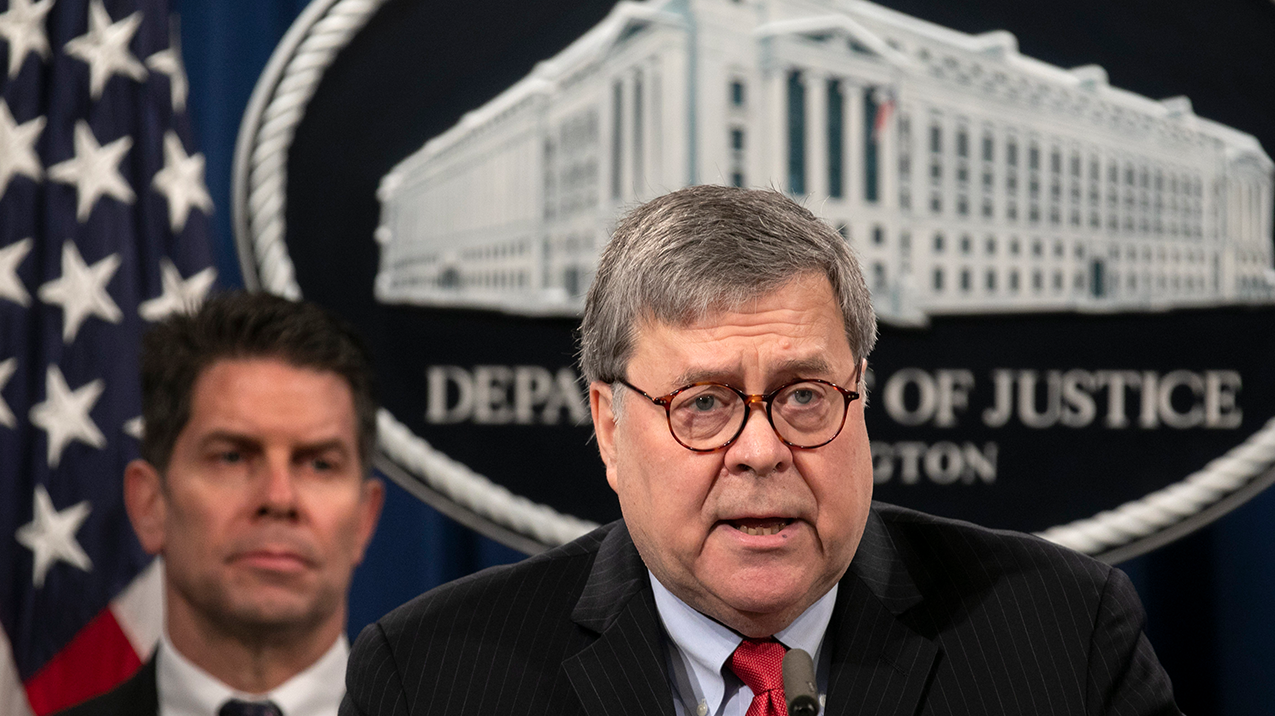|
Attorney General William Barr announced significant reforms to the process for filing FISA applications that ensure their accuracy, provide needed protections to elected officials and federal election campaigns, and establish an FBI Office of Internal Auditing for in-house oversight.
“These changes to FBI policy that these memoranda introduce are welcome and long overdue,” said Gene Schaerr, PPSA general counsel. “They also provide strong guidance for statutory reforms along similar lines.” FISA Application Accuracy In December 2019, the Department of Justice Inspector General released a scathing report addressing the Crossfire Hurricane investigation. That report highlighted both inaccuracies in FISA applications and the FBI’s systemic failure to follow its own protocols for ensuring accuracy, known as Woods procedures. With today’s changes, Barr has required that all applications be reviewed by “relevant FBI personnel” for accuracy and that the “findings of these reviews” be reported to the relevant attorney from the National Security Division Office of Intelligence. Even with this further oversight, the Barr memorandum recognizes that mistakes happen. To that end, it mandates that if, after filing a FISA application, the FBI identifies a “misstatement or omission of material fact,” it must “immediately” report to both the FISC and the National Security Division. These additional steps will increase the FBI’s accountability and further protect the privacy rights of all U.S. persons. Surveillance of elected Officials or Election Campaigns The well-documented surveillance of the Trump campaign in 2016 gave the American people first-hand knowledge into how the intelligence agencies can manipulate FISA for political reasons or gain. The Barr memoranda introduce new protocols to guarantee that if an elected official or campaign must be surveilled, the surveillance will be “justified, non-partisan, and based on full and complete information.” The new procedures require either the Assistant Attorney General for National Security or the FBI director take extra steps—including “conducting a defensive briefing” or certifying in writing why a briefing is not appropriate—to ensure the accuracy and necessity of such applications. Recognizing that these applications are incredibly sensitive—particularly following the Carter Page incident— the Barr memoranda also limits their scope. In the future, each application must contain a statement about why the application is necessary and whether “less intrusive investigative procedures have been tried and failed” or would be “unlikely to succeed if tried.” Additionally, the FBI is prohibited from filing FISA applications related to elected officials or campaigns that will last “more than 60 days,” and is now required to report the investigation’s progress to FISC every 30 days. The Office of Internal Auditing Barr also authorized the FBI to create an Office of Internal Auditing, “headed by a senior FBI official” to “ensure that rigorous and robust auditing … is carried out.” This office will be tasked with developing “compliance and oversight mechanisms” to guarantee that FBI protocol is followed and to conduct audits of (1) the FBI’s national security activities; (2) its use of National Security Letters; (3) its compliance with FISA and FISC orders; and (4) its FISA applications. Additionally, the office will ensure that “FISA minimization, targeting, and querying procedures” are adequately followed and establish “remediation measures” for noncompliance with FBI protocol. “Recent examples of the FBI’s noncompliance with preexisting FBI protocol have proven that these reforms are important and necessary,” Gene Schaerr said. “We commend the Attorney General for taking the steps in his power to ensure that the FBI will be more truthful and more accountable.” Schaerr further noted that these reforms, significant as they are, do not reduce the need for legislative reform: “Without a statute, a future attorney general could reverse the important steps that Barr has taken,” Schaerr said. “Worse still, the FBI’s prior systemic failure to follow its own Woods procedures show that internal policies can be abused or disregarded without a clear congressional mandate. To guarantee that these reforms continue to bind the FBI in the future, they should be codified in appropriate legislation. We hope the Attorney General will support such an effort.” You can read both memoranda here: (1) Memo on Supplemental Reforms to Enhance Compliance, Oversight, and Accountability with Respect to Certain Foreign Intelligence Activities of the FBI and (2) Memo on Augmenting the Internal Compliance Functions of the FBI. Comments are closed.
|
Categories
All
|


 RSS Feed
RSS Feed